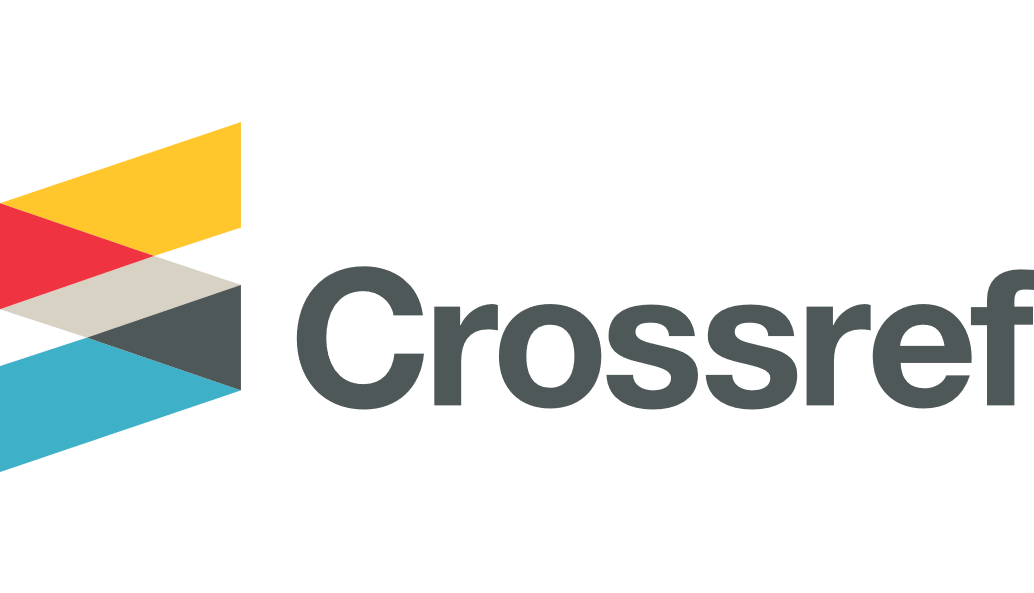Reviewer Guidelines
Who can review the journal?
Reviewers for the Marshall Journal of Medicine must be DOs, MDs or PhDs. Residents, Medical Students and Graduate Students are not eligible to review for the journal. Potential reviewers may be asked to provide a CV prior to being added to the journal’s reviewer list.
Reviewers can sign up to review for the journal by mjm@marshall.edu
A list of specialties and topics of expertise should be included to help the editors identify appropriate reviewers.
NOTE: The journal will provide certificates to all reviewers on a yearly basis.
What happens after volunteering to review?
An editor will request a reviewer’s services in a solicitation email through the journal’s secure reviewer portal. The article’s abstract and a link to the full article will be provided, allowing a potential reviewer to read the article prior to accepting or declining the request. If a reviewer declines the review request, they are encouraged to recommend other experts who might be willing to review. Be sure recommend names meet the requirements above.
How long do reviewers have to provide feedback?
The Marshall Journal of Medicine is committed to rapid editorial decisions to ensure our authors are able to disseminate their work in a timely manner. We therefore ask reviewers to respond promptly to accept or decline a review request. Reviews should be provided within 14 days of accepting a request to review. If reviewers anticipate a delay, we ask them to contact the editor, who can decide to recruit additional reviewers or inform the authors of potential delays.
Confidentiality
Reviewers are required to maintain confidentiality regarding any manuscripts under review. They must not share any information about a manuscript or its content with any third party.
What happens after the review is complete?
After completing the review, reviewers can use the request email to return to the reviewer portal and upload or cut-and-paste their feedback. Reviewers also select a recommendation for the article from among the possibilities listed below:
- Accept, no additional review or section editor revisions are required for publication. (Note that all articles are also copyedited by the journal production staff, and they may require additional edits for clarity or to conform to publishing standards.)
- Accept with minor revisions, the article’s content is accepted on its technical merits, but the reviewers and/or editor require some minor edits.
- Minor revisions required, the authors need to fix one or two minor technical or editorial issues to make the article acceptable for revision.
- Major revisions required, the authors have multiple technical and editorial issues that must be resolved to make the article acceptable for revision.
- Reject, typically on grounds of specialist interest, lack of novelty, insufficient conceptual advance or major technical and/or interpretational problems.
Double blind procedures and anonymity
The Marshal Journal of Medicine follows a double-blind review procedure, meaning the identities of authors and reviewers are hidden from each other. We ask reviewers to be cognizant of this and try to avoid making statements that might reveal their identity to the authors. Authors are likewise asked to blind their work, though in some cases this isn’t possible due to the regional nature of the work or other information the authors must reveal for transparency. We ask reviewers to remain neutral and not try to determine the identities of authors.
Edits or comments made to the manuscript file, if it is used instead of a separate review document, will likely include personal information of the reviewer. Reviewers should clear personal information by clicking on ‘File’, then the ‘Click for Issues’ box and then select ‘Inspect Document’. Make sure the ‘Document Properties and Personal Information’ box is checked then click ‘Inspect’. If Word has stored any personal information, the option to ‘Remove All’ personal data will appear. Click this and then save the file. The document should now be free of personal information in the tracked changes and comments.


